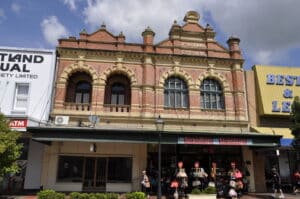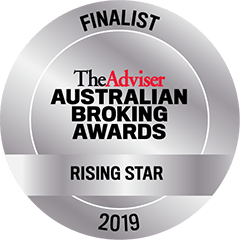Commercial Property Loans
Commercial property loans help you to buy, build or refurbish business space. Below are examples of commercial properties.
- Office space
- Retail stores
- Factories
- Warehouses
- Specialist properties such as medical centres, restaurants or apartment complexes.
How do commercial property loans differ from home loans?
Lenders have stricter approval criteria for commercial property loans compared to home loans. They generally view them as higher risk for several reasons.
- The risk of business failure.
- The value of commercial properties tending to be less stable during economic downturns.
- Commercial properties tending to have higher tenant vacancy rates than residential homes. Their long-term rental income is therefore often less secure.
- Commercial properties generally being more expensive to buy and maintain.
What do you need to apply for a commercial property loan?
You could be asked to provide any of the following with your application.
- A higher deposit than you would for a residential property loan.
- Additional collateral security.
- A guarantor.
Higher deposit
This compensates the lender for the increased risk. Different lenders will have different amounts they’ll be prepared to approve for a commercial property loan. This amount will depend on their maximum loan-to-value ratio (LVR). An LVR is the loan amount expressed as a percentage of the value of the commercial property.
For example, if you have a deposit of $200,000 and want to borrow $800,000 for a commercial property worth $1 million, your LVR would be 80% (i.e. $200,000 divided by $1 million). If this percentage is acceptable to the lender and you could afford your repayments, your commercial property loan application would be approved. If not, it would be declined.
The higher the LVR, the more risk to the lender, and vice versa. A higher deposit lowers the lender’s risk.
Additional collateral security
Your lender may require additional collateral security. This is an asset that you offer as security.
If you don’t make your repayments, your lender can repossess your collateral security asset. They can then sell it to recover the amount owing. Residential property is the preferred security for most lenders.
A guarantor
A guarantor is a person (or business) who agrees to take legal responsibility for your loan repayments if you don’t make your repayments.
How we can help
Taking out a commercial property loan is a big decision. The market is highly competitive and there is a vast range of products on offer. At Wisebuy Investment Group in Newcastle, our experienced and licensed brokers can help you to find the right commercial property loan. We can also help you with your application.
Contact us today for an obligation-free chat! We’ll take the time to understand your business needs before providing you with appropriate advice. Our focus will be on finding the right commercial property loan for your needs from over 60 Australian lenders.
And best of all, our service is free!












